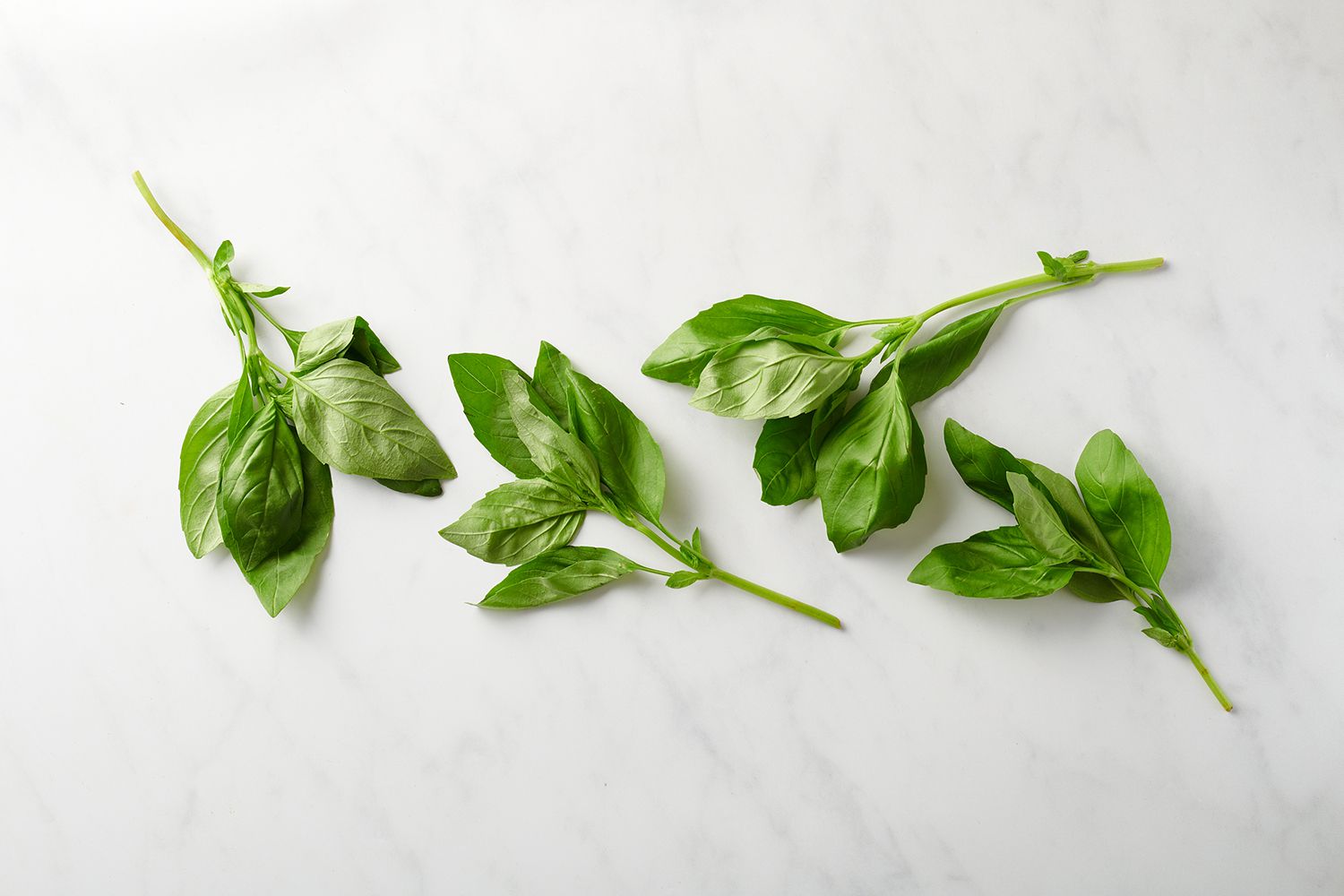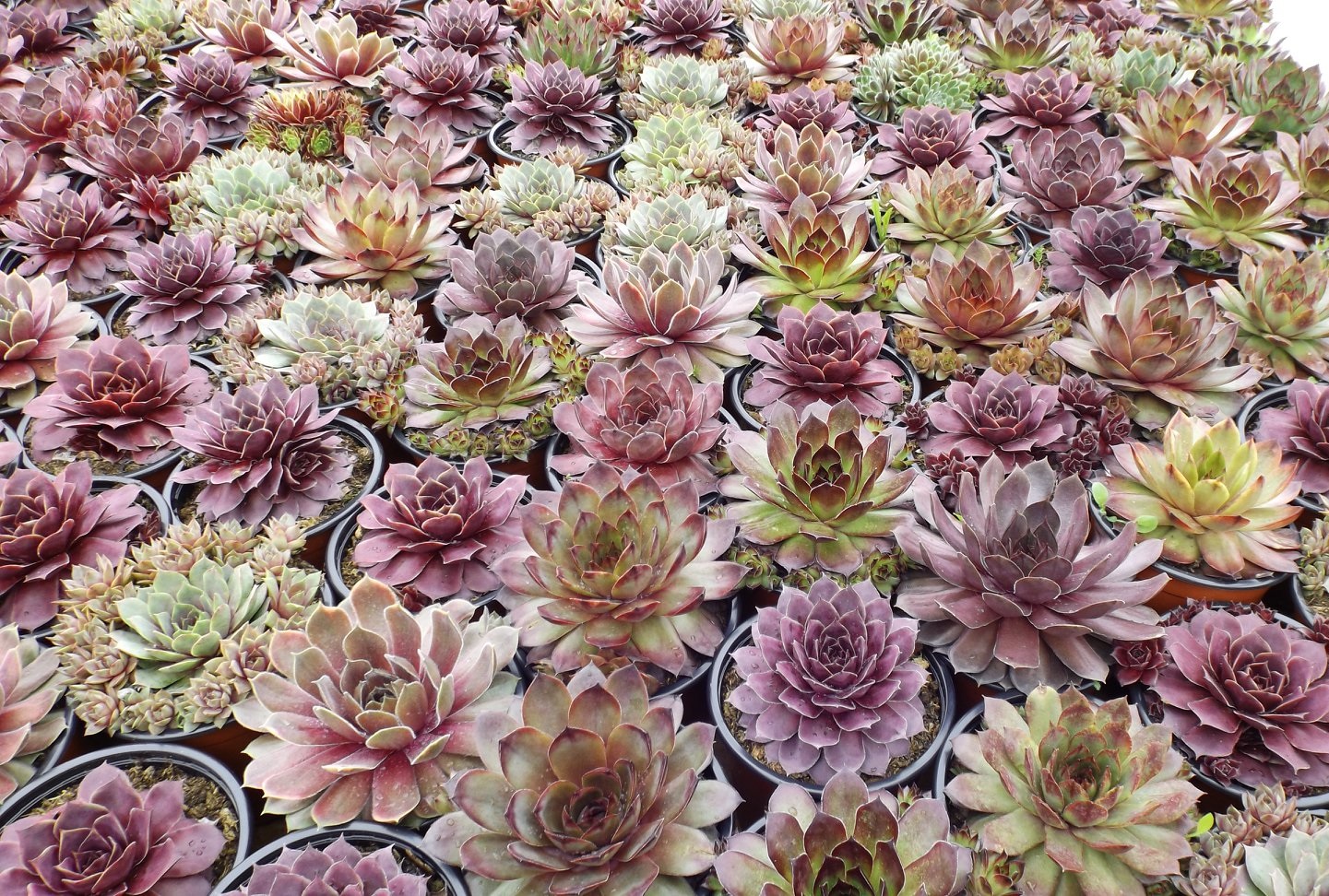Basil, a fragrant herb with a wide range of culinary and medicinal uses, has been treasured for centuries. Its distinctive aroma and flavor elevate dishes from ordinary to extraordinary.
Types of Basil
There are various types of basil, each with its unique flavor profile:
- Sweet Basil: The most common type, sweet basil has a classic, slightly peppery flavor. It’s perfect for pesto, tomato sauces, and salads.
- Lemon Basil: This variety offers a zesty, citrusy flavor, making it ideal for seafood dishes, desserts, and cocktails.
- Cinnamon Basil: With its warm, spicy aroma, cinnamon basil adds a unique flavor to both sweet and savory dishes.
- Thai Basil: This variety has a licorice-like flavor and is a key ingredient in many Southeast Asian dishes.
Culinary Applications
Basil’s versatility in the kitchen is unparalleled. Here are some popular ways to use it:
- Pesto: Fresh basil leaves are the star ingredient in classic pesto sauce, which is typically made with pine nuts, Parmesan cheese, garlic, and olive oil.
- Salads: A sprinkle of fresh basil can add a burst of flavor and a touch of greenery to salads.
- Pasta Dishes: Basil is a classic ingredient in many pasta sauces, such as marinara and pesto.
- Meat and Poultry: It can be used to flavor marinades, rubs, and sauces for grilled meats and poultry.
- Seafood: Basil pairs well with seafood, especially fish and shrimp.
- Cocktails: Basil can be used to garnish cocktails or infused into simple syrup for a unique flavor.
- Tea: Basil tea can be a refreshing and soothing beverage.
Medicinal Benefits
Beyond its culinary uses, basil offers several potential health benefits:
- Antioxidant Properties: Basil is rich in antioxidants, which can help protect cells from damage caused by free radicals.
- Anti-inflammatory Properties: It has anti-inflammatory properties that can help reduce inflammation in the body.
- Digestive Health: Basil can aid digestion and relieve bloating and gas.
- Stress Relief: The aroma of basil can have a calming effect on the mind and body.
- Insect Repellent: Basil plants can naturally repel insects like mosquitoes.
To grow basil, plant it in well-drained soil in a sunny location. Water regularly, but avoid overwatering. Harvest the leaves as needed, and prune the plant to encourage bushy growth.
By incorporating basil into your cooking and daily life, you can enjoy its delicious flavor and potential health benefits.



